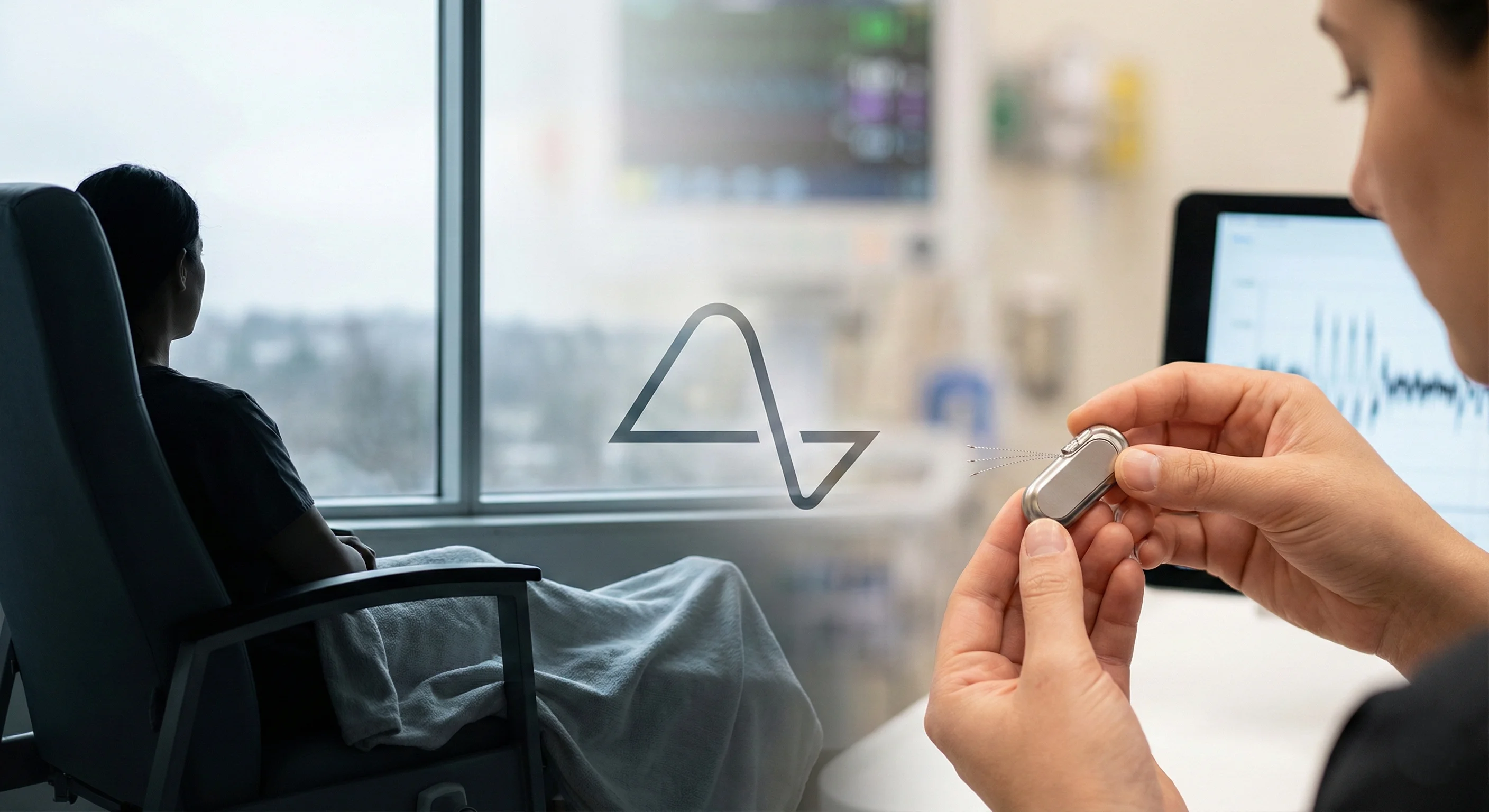Neuralink's 'Patient 4': Missing Person or Media Misunderstanding?
The internet loves a good mystery, and recently, Neuralink found itself at the center of one. Whispers began circulating. Had Mike Melgarejo, known as 'Patient 4' in Elon Musk's brain chip trials, vanished? Was Neuralink covering something up?
The truth, as is often the case, is more complex and far more human. Let's dissect the facts, separate rumor from reality, and explore the story behind the headlines.
The Spark: A GoFundMe and a Missing Social Media Presence
The initial flicker of concern ignited when Mike Melgarejo's social media accounts went dark. This coincided with the launch of a GoFundMe campaign by a family friend, Ryan Biggs, stating that Mike was "not in a good place – mentally, financially, physically, or emotionally" and was "ready to give up on life."
Independent journalist Audrey Henson, of The Drey Dossier Substack, further fueled the speculation. She pointed out the oddity that, unlike other Neuralink patients who actively share their experiences on social media (often with accounts like @PairedWith_P7 or @telepath_8), Mike had virtually no online presence. Henson questioned whether Neuralink was selectively promoting success stories while suppressing news of struggling patients.
The Wife Speaks: Setting the Record Straight
Dalila Melgarejo, Mike's wife, broke her silence in an exclusive interview with the Daily Mail to address the swirling rumors. She dismissed any notion of a conspiracy, stating that her husband's absence from social media was a personal choice to maintain privacy during an incredibly difficult time.
"Our family is really going through something terrible. My husband is eventually gonna die within a year or two, and there's nothing that anybody can do to help him," Dalila Melgarejo said.
She emphasized that Neuralink had been supportive and kind, consistently checking on Mike's condition and the implant's functionality every three months. "The company itself, the people, the employees that have been here, they've been a godsend," she stated.
The Reality: ALS and its Devastating Toll
Mike Melgarejo was diagnosed with ALS (Amyotrophic Lateral Sclerosis), also known as Lou Gehrig's disease, in 2022. ALS is a progressive neurological disorder that gradually paralyzes patients, robbing them of their ability to speak, move, and eventually breathe. There is currently no cure.
Dalila poignantly described the heartbreak of watching her husband's body deteriorate while his mind remains sharp. The disease has taken a significant toll on Mike's emotional and mental state. The GoFundMe campaign was launched out of desperation, as Mike could no longer work to support his family, leading to severe financial strain.
Neuralink's Role: Support and Monitoring
Despite the allegations of a cover-up, Dalila affirmed that Neuralink has been in constant contact, providing support and monitoring Mike's condition. She expressed gratitude for their assistance in setting up equipment and ensuring Mike's comfort.
It's important to remember that Neuralink's trials operate under strict FDA regulations. These regulations mandate the reporting of any unanticipated adverse device effects within 10 working days. This includes ongoing monitoring, detailed record-keeping, and follow-up for all participants.
The Competition: Paradromics Enters the Fray
While Neuralink grapples with public scrutiny, its competitor, Paradromics, has achieved a significant milestone. The FDA recently cleared Paradromics' Connexus brain-computer interface for human trials focused on restoring speech in individuals with paralysis or neurological injuries. This highlights the rapidly evolving landscape of neurotechnology, with multiple companies vying to improve the lives of patients with debilitating conditions.
Paradromics is taking a different approach to Neuralink. The following table summarizes the different approaches:
| Feature | Neuralink Telepathy | Paradromics Connexus |
|---|---|---|
| Implant Design | Quarter-sized wireless chip with flexible threads | Metal disk with microwires wired to a chest module |
| Initial Use-Cases | Cursor control, gaming, digital autonomy | Restoring speech |
| Public Communcation | Social media and curated patient accounts | Traditional regulatory and press releases |
Ethical Considerations: Neuroprivacy and Autonomy
The controversy surrounding 'Patient 4' underscores the ethical complexities inherent in neurotechnology. As AI-enhanced BCIs become more sophisticated, concerns about neuroprivacy and autonomy intensify. These devices could potentially infer moods, preferences, and even sensitive thoughts from neural signals. Existing privacy laws may not adequately protect this uniquely intimate data, raising questions about ownership, control, and potential misuse.
Key Takeaways:
- Mike Melgarejo is battling ALS and facing immense physical, emotional, and financial challenges.
- His lack of social media presence is a personal choice, not evidence of a Neuralink cover-up.
- Neuralink is reportedly providing support and monitoring, adhering to FDA regulations.
- The incident highlights the importance of transparency, ethical considerations, and patient support in neurotechnology trials.
It's crucial to approach these stories with empathy and a critical eye, separating sensationalism from verifiable facts. The reality of living with ALS is heartbreaking enough without the added burden of unfounded conspiracy theories. If you or someone you know is struggling with ALS, resources are available to provide support and guidance.

